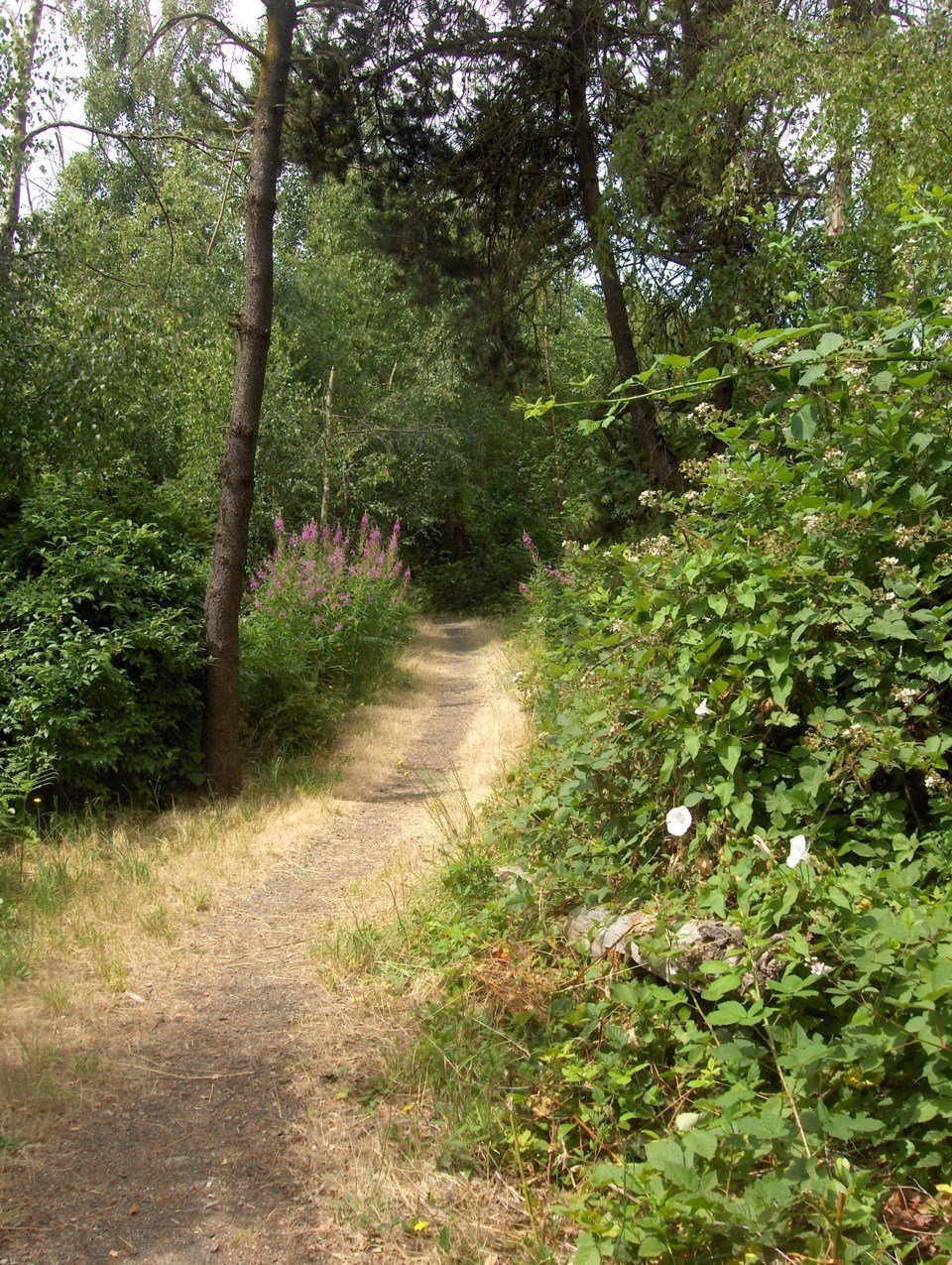“Trees have tree rights, insects have insect rights, rivers have river rights, and mountains have mountain rights,” declared the cultural historian Thomas Berry in 1999 in “The Great Work.” But the idea of nature having rights was first aired almost three decades earlier. Christopher Stone, a law professor, initiated the environmental movement with his 1972 paper “Should Trees Have Standing?: Toward Legal Rights for Natural Objects.” Stone wrote, “Until the rightless thing receives its rights, we cannot see it as anything but a thing for the use of ‘us’ – those who are holding rights at the time.”
In February 2019 Lake Erie acquired personhood status through a bill of rights drawn up by the residents of Toledo, Ohio. The document states that “It has become necessary that we ... extend legal rights to our natural environment to ensure that the natural world [is] no longer subordinated to the accumulation of surplus wealth and unaccountable political power.” Robert Macfarlane, acclaimed nature writer, calls this achievement an instance of the new animism, a part of the rights of nature movement.
Mexico, Bolivia and Colombia have participated in the environmental movement, and Canada has now joined them. In February 2021 the Innu Council of Ekuanitshit and the Minganie Regional Council Municipality (Quebec) obtained legal personhood for the Magpie River, giving it nine rights, including the right to be free of pollution and to sue. Its guardians are the members of the Innu Council. According to David R. Boyd, an environmental lawyer at UBC, the concept of legal personhood might shift people away from regarding nature as a “warehouse of commodities for human use.”
Does the city of Richmond ignore (or is it simply unaware of) the possibility of the environment having any rights whatsoever? Human use and convenience seem to be the priorities. Why? Is it because humans have a voice and can vote? The environment – here I’m thinking specifically of Richmond’s natural habitats and wildlife – doesn’t vote, it doesn’t have a voice. However, our environment does have at least one person on the city council speaking up for it – Michael Wolfe, who, mercifully, has many supporters among the people who do vote.
Richmond has now started the project to destroy an idyllic natural site, Odlinwood, filled with trees, home to many birds and other wildlife. Councillor Wolfe protested vehemently, but dozens of trees, and surrounding vegetation, are to be sacrificed for a multipurpose pathway.
Those of us concerned about the environment should take note of what happened recently in Nashville, Tennessee. Although new construction is as rampant in Nashville as it is in Richmond, the mayor passed a bill increasing protection for trees on city land. Significantly, this is due entirely to the nonpartisan public outcry against the destruction of 21 cherry trees to allow the building of a stage for the National Football League.
I believe that what’s happening worldwide is as much about obligations as rights. Nature has rights; we humans have obligations. Our obligations involve recognizing, respecting and protecting nature’s rights.
Sabine Eiche is a local writer and art historian with a PhD from Princeton University. She is passionately involved in preserving the environment and protecting nature. Her columns deal with a broad range of topics and often include the history (etymology) of words in order to shed extra light on the subject.



